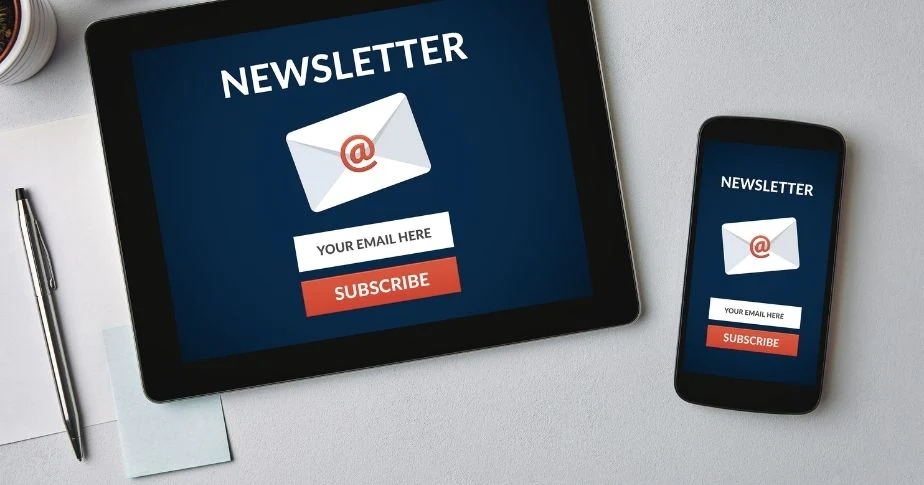
5 indispensable email list management best practices
The email marketing world no longer revolves around sending mass emails to a huge list and hoping some take the bait. Instead, it’s about engaging email recipients with content they want and look forward to getting. To help you with your email list management, here are five best practices:
1. Respect permission levels
There are a few layers for this part of list management. For one thing, if you haven’t reached out to someone in a while, it can be worth it to regain permission to email them. This prevents confusion and high bounce rates by ensuring that the people you email want to hear from you. But if these people ask to be removed or don’t respond to your attempt at regaining permission, it’s best to remove them from your mailing list.
Another thing to consider is subscription management: Let people manage their email preferences, so they don’t have to unsubscribe altogether just to reduce one specific type of content they don’t want. Also, understand that there are email laws. And if you’re sending to countries around the world, there’s special legislation you need to be aware of. The passage of GDPR, even though it applies mainly to Europe, also may affect communications with some of your recipients.
2. Be prepared for the worst-case scenario
Make it easy for subscribers to leave. It’s not ideal, but it’s better in the long run to have a simple unsubscribe option, and it’s definitely better than having your emails marked as spam. Put the unsubscribe button somewhere that’s easy to find, such as in the footer of your email or at the top in the preheader area. Don’t hide it in a long paragraph of terms and conditions.
3. Know your audience
Consider surveying email recipients to understand how they like to receive information. If your subscribers prefer to receive information via written online content, like traditional blogs, you will not be able to reach them effectively with podcasts. Also, ask them demographic questions that yield valuable insights into their age, location and the like. These questions will help you tailor content. For example, if you realize most of your email list is made up of 30-year-old investment bankers, you may use a different tone and voice than if your list is primarily young mothers.
Editor’s note: Although purchasing a third-party email list may be faster and easier on your end, the results are less than stellar. Not only have people from these lists likely never come in contact with your business, but they also didn’t ask to receive emails from you. This significantly reduces your ROI (return on investment) and reduces the odds that they will even open your emails in the first place. Instead, for best email list management, build your list by letting people sign up from your website, blog and social media, and at in-person events.
4. Look for hard bounces
Hard bounces are emails that get returned because the email address is invalid. This can happen because the recipient’s email address has been mistyped or the account has been disabled or closed. It’s a good idea to audit your contact list weekly, monthly or in between big email campaigns to remove any bounced email addresses.
5. See what’s working
Another idea for list management is to look at engagement metrics to see if people respond better to receiving multiple emails a week versus receiving two a month. Check out what kind of content gets higher open rates, and what time of day gets the most opens. This may seem obvious, but don’t just glance at the metrics once in a while to say you did it. Dig into what the data means. Check out the hidden nuggets of information that can help you better your emails. Also, try A/B testing. Only change one thing at a time so you can pinpoint any differences in responses.
Maintaining your email list is like maintaining your relationships. Put in the time to get it right.
Join 140,000 small business owners
© 2018 – 2019, Lindsey Bakken. All rights reserved.
 SUBSCRIBE
SUBSCRIBE 


